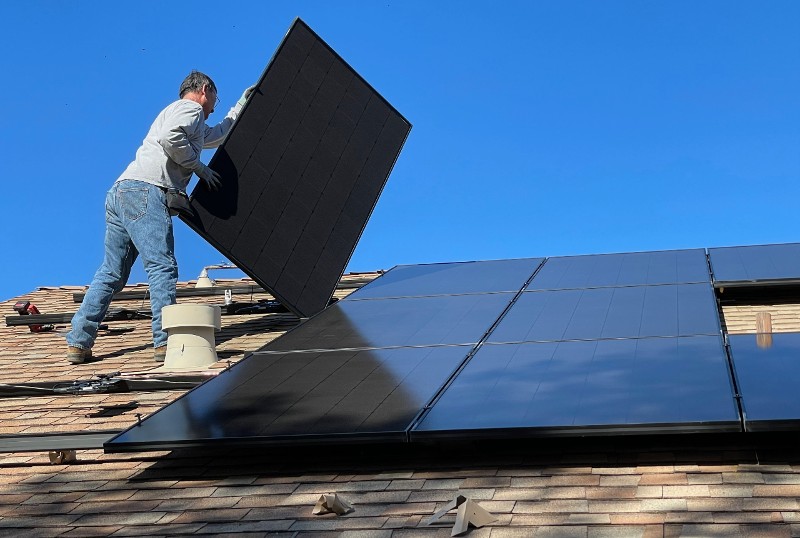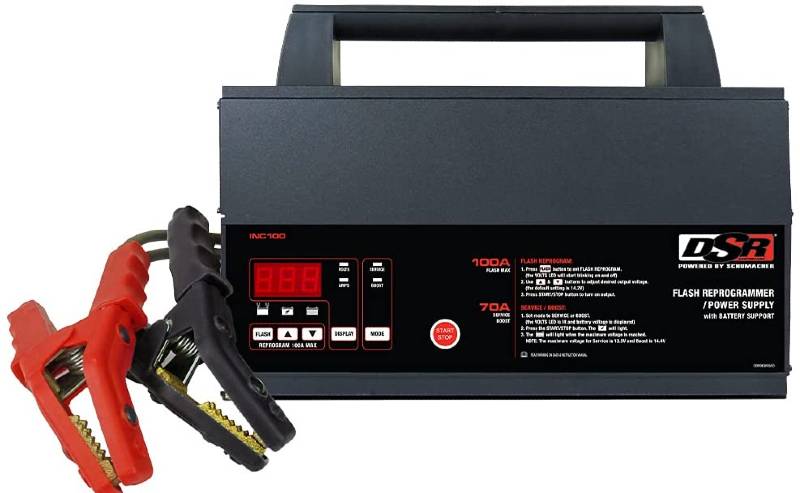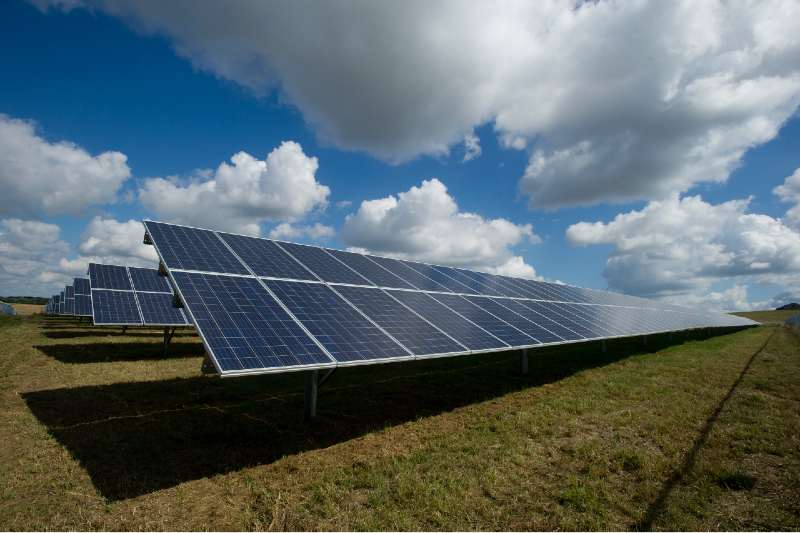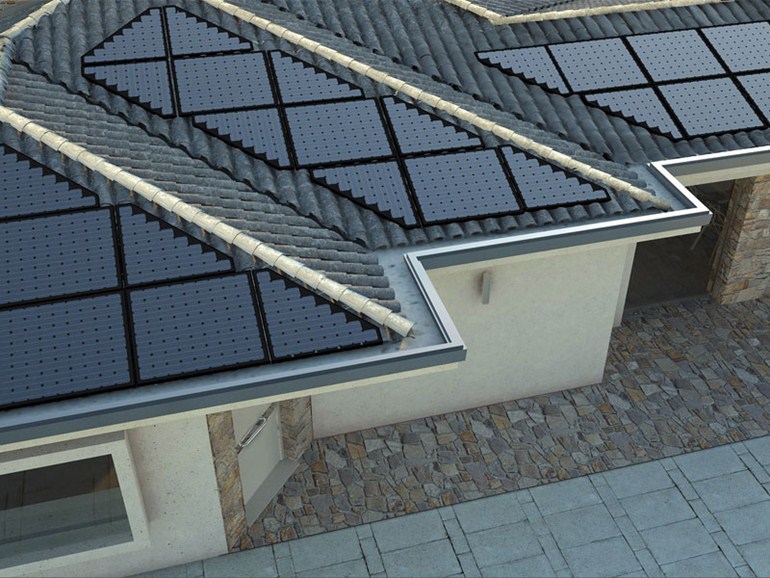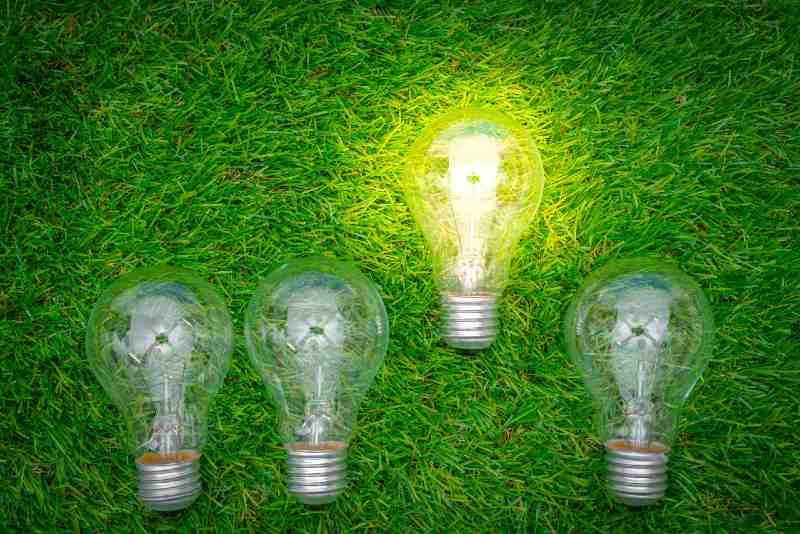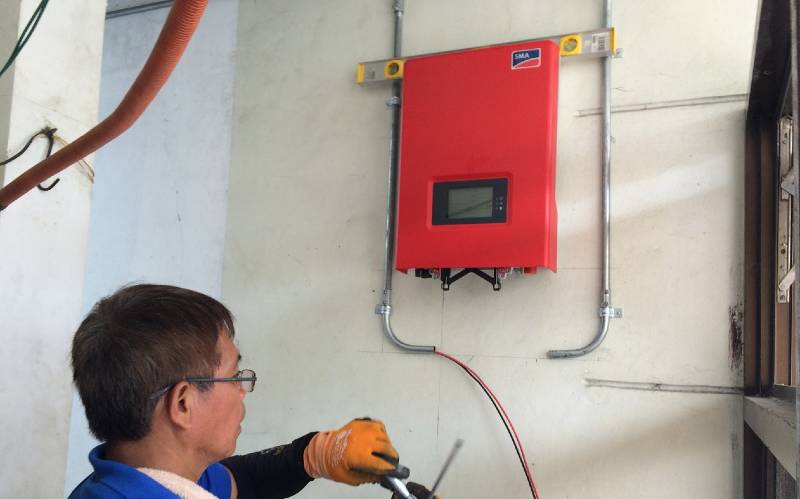Cleaning your solar panels is one of the most important tips to keep them performing at their peak efficiency.
But, here arises one important question: “How often should solar panels be cleaned?”
In general, you should clean your solar panels at least once or twice a year, and more often if you live in an area with a lot of dust.
In this article, I’ll explain why solar panel cleaning is important, how often you should clean them, and how to do it properly.
Key Takeaways
- The build-up of dust can lower the energy production of a solar panel annually by up to 7% in the United States and up to 50% in Middle Eastern countries.
- You should clean your panels at least once a year.
- If you live in a dusty region, you may need to clean the panel more often.
- Rain and wind aren’t enough to keep the solar panels clean.
- You can clean the panels manually but it’d be better to hire a professional if you’re not on a budget.
Do I Need to Clean Solar Panels?
Of course, you need to clean solar panels.
Think of it this way: If your car has a dirty windshield, you can’t see out of it very well and you won’t be able to drive.
The same is true for solar panels – if they’re not clean, they won’t be able to absorb as much sun and consequently generate less energy.
According to NREL, the build-up of dust, soot, and other particulates hinders the performance of photovoltaic (PV) panels resulting in a decrease in power production capacity and fewer profits for their owners.
These solar energy production losses can be up to 7% annually in the United States and up to staggering figures as high as 50% in Middle Eastern countries.
So, this obviously depends on the location and how much dust is in the atmosphere.
For example, if you live in a desert area such as Nevada or Arizona, your panels will get dirtier much more often than someone who lives in a humid coastal zone like Florida.
I live in southeastern California and I can tell that the efficiency of my solar panels drops off about 5% during the summer when the wind kicks up and blows dust around.
So, think of solar panel cleaning as a necessary part of your maintenance routine – just like changing the oil in your car, or mowing the lawn.
How Often Should You Clean Solar Panels?
Typically, you should clean your solar panels at least once a year.
But this still varies depending on where you live and the amount of debris your panels accumulate.
For example, a 10-megawatt solar farm in a coastal region may not need to be cleaned more than once a year.
However, the same farm in a more dusty region such as California’s Central Valley could require more frequent cleaning.
Since I live in California, I clean my panels about three times a year but more if there has been a lot of wind blowing in from the surrounding sand dunes.
Is Rain Enough to Clean Solar Panels?
Rain and wind can scour some of the dust and debris off your solar panels, but they aren’t enough to keep them clean all the time.
During the day, dust and other particles will build up on your panels due to wind and other environmental factors.
But when night falls and the panels cool, these particles will remain stuck to the surface.
This process is called cementation, which is the process of particles sticking to a surface due to changes in temperature.
In this case, even the strongest wind or rain won’t be enough to remove these particles, so you’ll still need to clean them regularly.
This is why I never depend on rain or wind to scour the dust on my panels.
I prefer to check my solar panels out every month for any dust buildup and clean them when necessary.
How to Clean Solar Panels?
1. Use Robotics Technology
One of the most advanced and efficient ways to keep solar panels clean is by using robotics technology.
For instance, the Washpanel Company has developed a robotic system that can clean large solar installations in dusty environments with minimal human intervention.
The robot has three different lines:
- Manual: It’s a movable unit that requires a human operator as well as an external pipe that can be linked with a vehicle or another soaking system
- Semi-automatic: It’s a fixed unit that doesn’t need a human operator or a soaking system. Instead, an automated system controls the washing cycles
- Automatic: It’s a fixed unit that never needs human intervention. Instead, the robot will start washing cycles automatically according to a schedule
In the Middle East, Ecoppia Company also has automatic robotic systems that clean solar panels.
The robots use soft microfiber and airflow rather than water and soap to clean the panels.
Ecoppia developed this technology to avoid high-pressure water systems that can damage solar panels.
The robots are equipped with self-cleaning solar panels, enabling them to swiftly recharge their batteries between tasks.
2. Use Brushes & Sponges
Using soap or other chemical-based cleaning solutions can damage solar panels and void warranties.
This is why many solar maintenance companies started using deionized water with a rolling or vehicle-mounted brush that cleans panels without leaving any residue behind like soap does.
In fact, your garden hose is powerful enough to dislodge any dirt and debris on your solar panels.
You can also use a soft bristle brush or sponge, non-abrasive cloths, or specially-made cleaning pads to gently clean the panels without leaving any residue behind.
3. Use Waterless Vibration Technique
This method is about vibrating the surface of your solar panels with no water or chemicals to remove dust.
Researchers at Scotland’s Heriot-Watt University have developed this method to remove dirt from solar cells by applying low-frequency vibrations or higher at which ultrasonic waves are created.
To generate vibrations, they attached a DC motor to the back sheet of a panel and affixed the solar module along its four edges.
This simulated an unbalanced mass that induced oscillations within the system.
These oscillations were proven to be effective in dislodging dirt from the panel.
4. Use Nanoparticle Coatings
Scientists at the International Advanced Research Centre for Powder Metallurgy and New Materials (ARCI) unit of India’s Department of Science and Technology have developed a nanoparticle coating for solar panels.
This nanocoating can repel dirt and dust particles, making it easy to wash off with water and preventing the accumulation of particles that could decrease energy production.
It also has a high level of transparency so that panel efficiency is not compromised.
5. Clean Them Manually
Let’s be honest, most of the previous methods can be efficient but also very expensive, so if you’re on a budget, the best option is to just clean your solar panels manually.
To do this, you can follow these steps:
- Choose a Cool Time of the Day: The best time to clean your solar panels is during the morning or late afternoon when the sun’s rays are not at their peak. This will prevent streaks from forming due to water evaporation
- Remove Dust and Debris: You can use a soft brush to remove dust particles from the surface of the panels. Be careful not to scrub too hard, as this can damage the delicate panels
- Spray Water: You can use a garden hose to spray water on your panels. Make sure that you use low pressure to avoid damaging the panel
- Dry with a Soft Cloth: Gently dry your panels with a soft cloth to clean any remaining dirt or debris
- Rinse and Dry: Again, use your garden hose to rinse the panels and then dry them with a soft cloth to make sure that they are completely clean
Should Solar Panels Be Cleaned by a Professional?
Of course, it’s always a good idea to hire a professional solar panel cleaning company if you don’t feel comfortable cleaning your panels yourself.
Professionals have the necessary equipment and know-how to properly clean your solar panels without damaging them in any way.
If you also have a large system, you have to hire a professional to clean your panels as manual cleaning of large systems can be time-consuming and dangerous.
But if you’re on a budget and your system is not too big, you can clean your solar panels yourself by following the steps outlined above.
FAQs
Does Cleaning Your Solar Panels Make a Difference?
Cleaning your solar panels makes a great difference.
Dust, dirt, and other debris can prevent the panels from absorbing sunlight and reduce the amount of energy they produce.
What Happens If You Don’t Clean Your Solar Panels?
If you don’t clean your solar panels, the dirt and debris can accumulate over time and reduce the amount of energy produced.
What Is the Best Way to Clean Solar Panels?
The best way to clean solar panels depends on your budget and the size of your system.
For small systems or if you’re on a budget, you can clean them manually by following the steps outlined above.
Should Solar Panels Be Cleaned Yearly?
Solar panels should be cleaned at least once a year, depending on the amount of dirt and debris in your area.
Conclusion
As promised, we have walked you through how often should you clean solar panels, what are the various methods to do it, and when to go for professional help.
Your solar panels need to be kept clean for them to perform at their best efficiency so make sure you don’t skip cleaning your panels as it can have a big impact on their performance.
I hope you found this article helpful. If you still have any unanswered questions, feel free to leave them in the comments and I’ll be sure to answer them.

